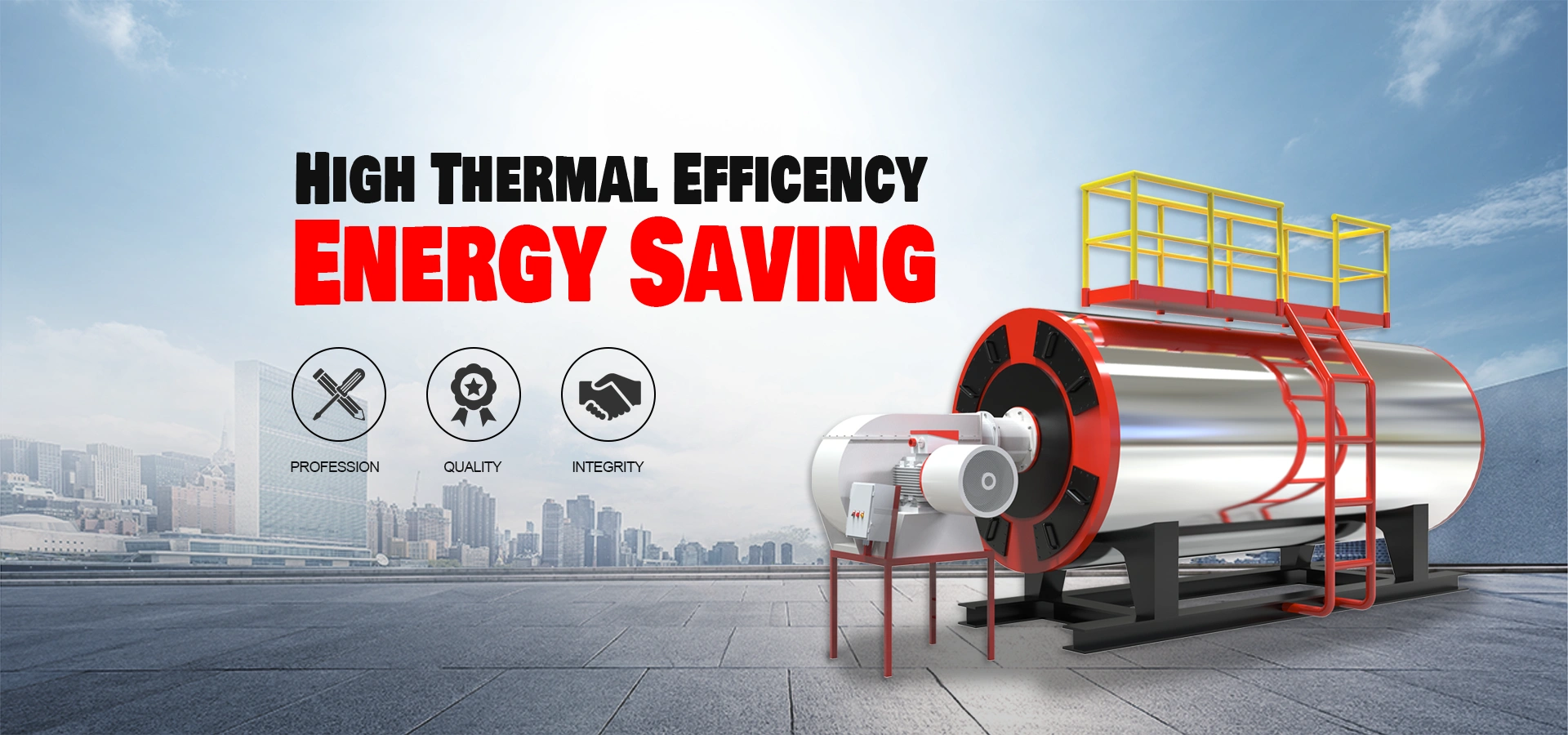
Aug. . 10, 2024 23:40 Back to list
Innovative Solutions for Efficient Thermal Oil Boiler Systems in Industrial Applications
Understanding Thermic Oil Boilers Efficiency and Applications
Thermic oil boilers, also known as thermal oil heaters, are specialized heating systems designed to efficiently transfer heat through thermal oil. Unlike conventional boilers that use water as a heat transfer medium, thermic oil boilers utilize synthetic organic compounds that have higher boiling points, enabling them to operate at higher temperatures without the risk of steam formation. This unique characteristic makes thermic oil boilers a preferred choice in numerous industrial applications, particularly in sectors that require precise temperature control.
One of the primary advantages of thermic oil boilers is their high thermal efficiency. These systems can achieve operational temperatures often exceeding 300°C (572°F) while maintaining a high degree of energy efficiency. The use of thermal oil allows for a direct and efficient transfer of heat to processes, which minimizes thermal losses and maximizes output. This efficiency is critical in industries such as food processing, chemical manufacturing, and plastics production, where consistent temperature control is essential for product quality and safety.
The construction of thermic oil boilers is tailored for optimal performance. These systems typically feature a closed-loop design, which means that the thermal oil circulates continuously through the system. The boiler is equipped with a heating element, which can be based on different energy sources, including natural gas, diesel, or electric power. As the thermal oil circulates, it absorbs heat from the heating element and transfers it to various industrial processes or heat exchangers. This closed-loop system not only ensures higher efficiency but also reduces the risk of contamination, as the thermal oil remains sealed within the system.
thermic oil boiler

Moreover, thermic oil boilers are known for their versatility. They can be integrated into various operational frameworks and can accommodate fluctuating temperature requirements. This flexibility makes them suitable for both large-scale industrial applications and smaller manufacturing processes. In sectors such as pharmaceuticals, for example, precise temperature control is critical for the integrity of products, and thermic oil boilers offer the reliability required to meet these stringent standards.
In terms of maintenance and operation, thermic oil boilers are relatively straightforward. The synthetic thermal oils used are often durable and can last for several years, depending on operational conditions. Regular maintenance is essential to ensure the longevity of the system, typically involving routine inspections, oil quality checks, and cleaning. Additionally, because these systems operate at lower pressures compared to traditional steam boilers, the risk of pressure-related accidents is significantly reduced, enhancing overall safety in the workplace.
Environmental concerns are also increasingly influencing industrial heating choices. Thermic oil boilers can be designed for low emissions and can utilize renewable energy sources, such as biomass or biogas, thus contributing to sustainability goals. As industries strive to reduce their carbon footprint, integrating thermic oil boilers that support greener operations positions companies favorably in a competitive market that values environmentally friendly practices.
In conclusion, thermic oil boilers offer an efficient, versatile, and reliable solution for thermal energy needs across various industrial applications. Their high thermal efficiency, ability to operate at elevated temperatures, and low maintenance requirements make them an ideal choice for sectors that require precise temperature control. With the added benefits of sustainability and safety, thermic oil boilers are poised to play an essential role in the future of industrial heating systems. As industries evolve and seek more energy-efficient options, the demand for thermic oil boilers is likely to grow, reflecting their importance in modern manufacturing processes.
-
Best Steam Boiler Design PDF Free Design Calculation & Diagram Downloads
NewsJun.10,2025
-
Hot Boiler Water Heater Efficient Heating Solutions for Home & Commercial Use
NewsJun.10,2025
-
Steam Boiler Safety Devices High-Quality Protection Valves
NewsJun.10,2025
-
Ultimate Steam Boiler Checklist for Safety & Efficiency
NewsJun.10,2025
-
Optimal Hot Water Boiler Temperature Setting Guide
NewsJun.10,2025
-
Effective Hot Water Boiler Chemical Treatment Protect & Maintain
NewsJun.09,2025
Related PRODUCTS






















